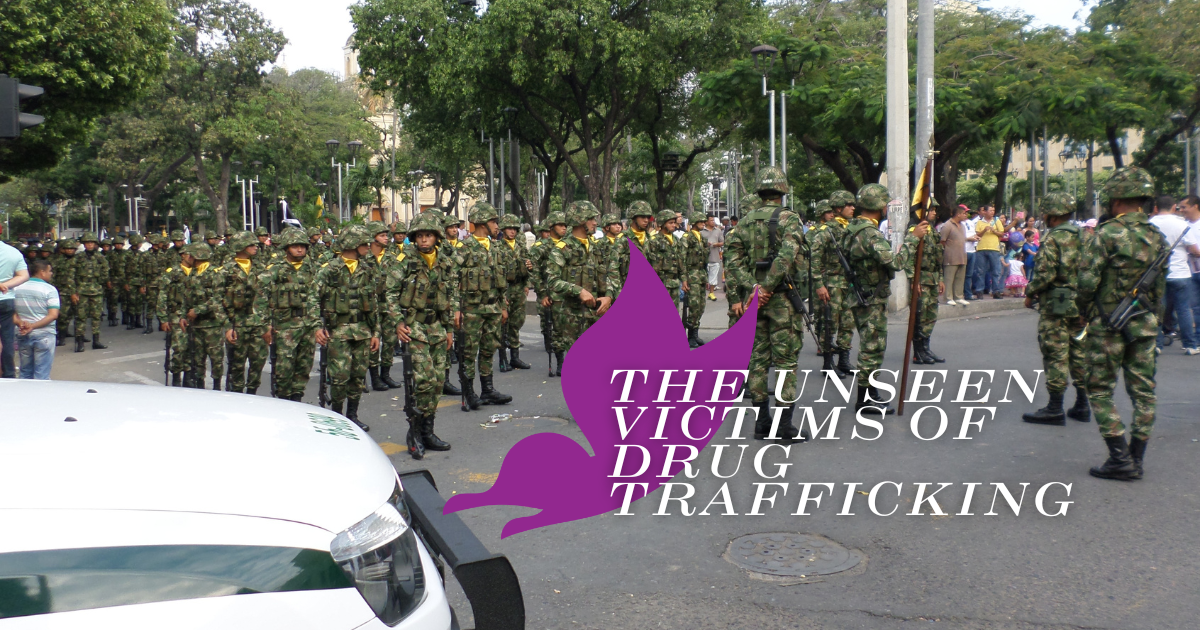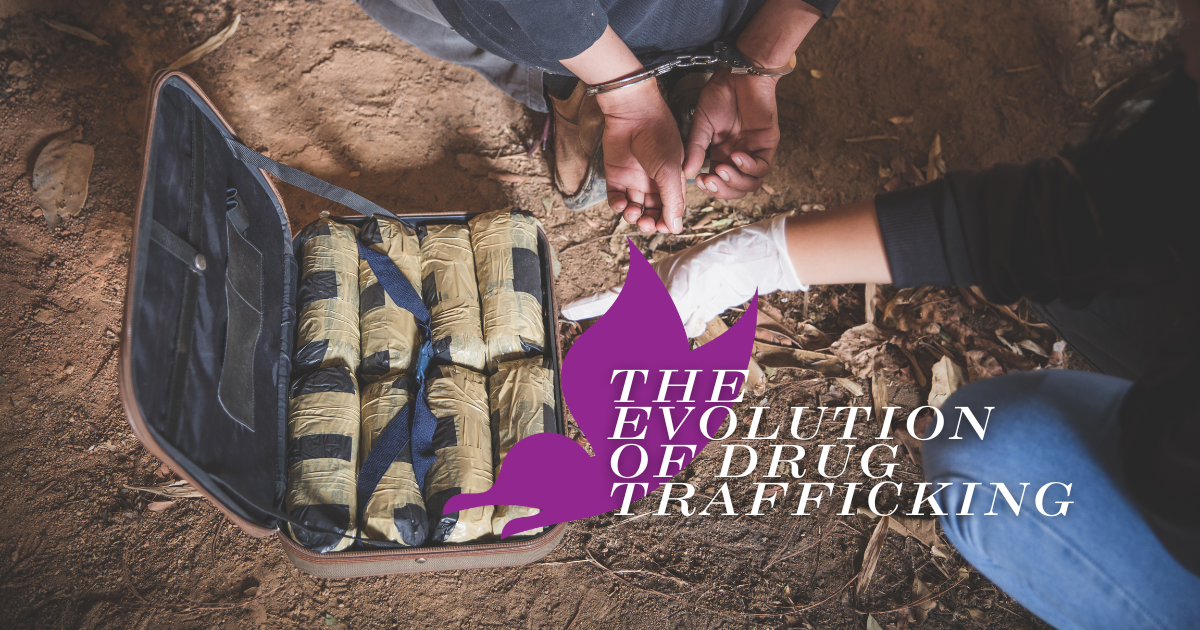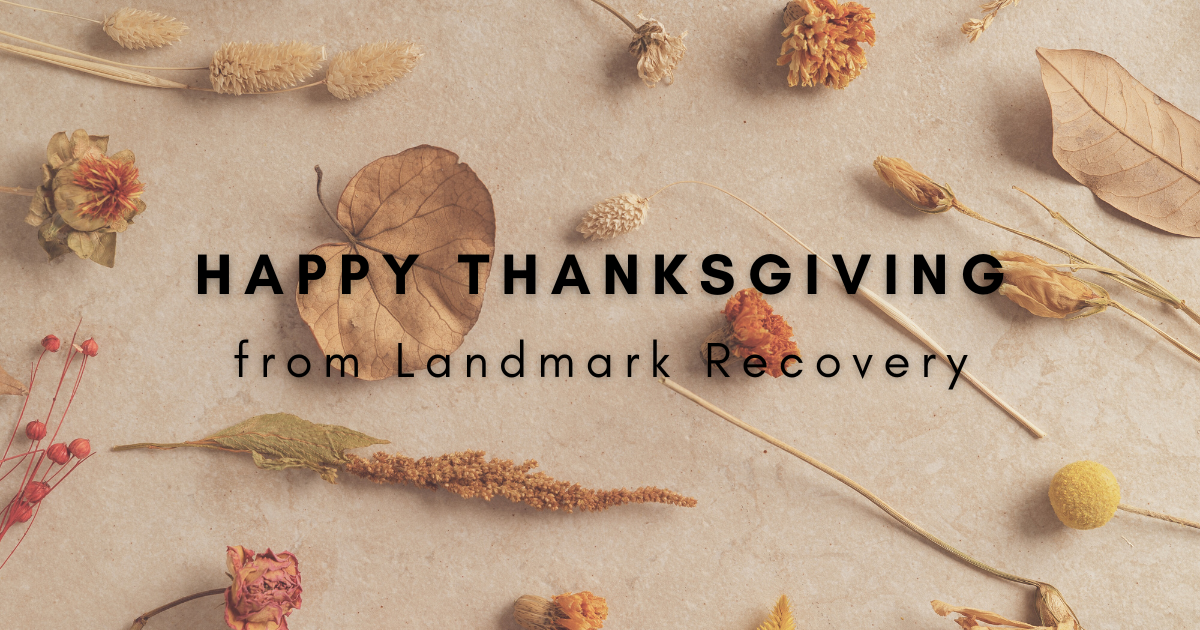Can Addiction Really be a Disease?
Is drug addiction a disease or a moral failing? Can someone stop using drugs or alcohol through sure willpower? This is one of the most widely discussed issues related to addiction, with opinions shifting over the years. For generations, many people considered addiction as a weakness in someone’s personality, or even a sign of laziness.
In 2021, the medical and scientific communities almost universally classify addiction as a disease. We’ll explain the reasons underpinning this, but first, we need to briefly examine what constitutes addiction.
What Is Drug Addiction?
Drug addiction describes a state where someone feels a marked compulsion to obtain and use substances. This state prevails even if using the substance brings about negative and dangerous outcomes. Drug addiction is considered both a complex brain disorder and a mental illness. Landmark Recovery treats addiction as a disease, using evidence-backed programs to help people regain control of their lives from substance abuse.
Alcohol, prescription medications, and some over the counter medications can trigger addiction, as well as a range of illicit drugs. Prolonged use of drugs can effect chemicals in the brain, and the way the nervous system works. An addiction to drugs typically changes a person’s behavior, ultimately interfering with their relationships and outlook on life.
What is a Disease?
According to AMA (the American Medical Association), a condition must satisfy these conditions before being classified as a disease:
- It represents a bodily dysfunction
- There are consistent signs and symptoms present
- The condition harms the body
When viewed through this lens, addiction to alcohol or drugs satisfies all three of these criteria. The body doesn’t function normally when you’re abusing substances. There are also observable signs of drug addiction, and substance abuse causes demonstrable damage to the body.
Why Drug Addiction is a Disease
The definition of drug addiction varies from person to person. Viewpoints of addiction among medical professionals and organizations are also always evolving. Having said that, NIDA (the National Institute on Drug Abuse), SAMHSA (Substance Abuse and Mental Health Services Administration), and NIH (National Institutes of Health) all hold similar views of addiction. All of these bodies describe addiction as a relapsing, long-term condition resulting in a person compulsively seeking then using drugs in the face of negative consequences.
There are two primary reasons for these organizations classifying addiction as a disease or disorder:
- Addiction alters the brain’s response to situations involving self-control, reward, and stress
- These are long-term changes that can persist long after the person stops using drugs
So, there’s almost universal accord between the scientific and medical communities that substance use disorder is a disease, and that it should be treated as a disease. The APA (American Psychiatric Association) coined the phrase substance use disorder to describe compulsive, habitual substance abuse specifically to avoid the uncertainty surrounding the definition of addiction.
We can compare addiction with heart disease to illustrate some broad similarities:
- Both heart disease and addiction disrupt the regular functioning of an organ (the heart and the brain, respectively)
- Both conditions impact quality of life while also increasing the risk of early death
- Heart disease and addiction are mostly preventable by avoiding poor choices and embracing a healthy lifestyle
- Addiction and heart disease are treatable. In both cases, treatment can prevent further damage
Why, in the face of such overwhelming evidence, does the view that addiction is not a disease persist?
Why Some People Claim Addiction is Not a Disease
The counterargument to addiction as a disease is addiction as a choice.
It’s worth noting that this is nowadays a minority viewpoint. No nationally recognized organizations focused on substance abuse retain these outdated views of addiction.
Why, then, do some still refuse to acknowledge that addiction is a disease? Opponents of the addiction as a disease model claim that addiction is self-acquired, not contagious, and not degenerative. Proponents of this line of thought emphasize the social and environmental aspects of addiction, sometimes claiming that addiction can be cured by simply locking people up with no access to substances. The more evolved line of thought placed a sharp focus on the changes triggered in the brain by substance abuse instead.
The idea of addiction as a choice doesn’t hold up to scrutiny. Even if early-stage substance use is by choice, once the drug alters the brain structure of the users, most experts agree the person then loses control of their behavior.
Beyond this, choice is not the determining factor for whether or not something qualifies as a disease. Think of heart disease, diabetes, and even some forms of cancer. Poor personal choices involving exercise, diet, and sun exposure all play into these diseases, but this doesn’t mean they are not diseases. A disease is the outcome of these choices.
While some people may choose to start using substances, and while some people can recover from mild substance abuse disorders without treatment, this does nothing to diminish addiction being classified as a disease. Fortunately, while addiction has no cure, it’s eminently treatable.
Treating Addiction as a Disease
Some people are genetically predisposed to addiction, others start using drugs through choice then become addicted, while others unwittingly become addicted to prescription medications.
In most cases, a combination of medication-assisted treatment (MAT), behavioral therapies, including cognitive behavioral therapy (or CBT), and peer-support groups can effectively treat any addiction, however severe. Medication-assisted treatment helps alleviate withdrawal symptoms and reduce cravings, while CBT helps addicts formulate healthier coping strategies, and the power of peer support is invaluable for long-term recovery.
What Comes Next
Regardless of how addiction is defined, substance abuse disorder impacts millions of Americans each year. Here at Landmark Recovery, we’re here to help you reclaim the life you surrendered to drug or alcohol addiction.
We understand why addiction is a disease, and we’re here to help you recover using evidence-based treatment. To get things started, call Landmark Recovery’s addiction specialists at 888-448-0302.

Choose Recovery Over Addiction
We're here 24/7 to help you get the care you need to live life on your terms, without drugs or alcohol. Talk to our recovery specialists today and learn about our integrated treatment programs.
About the Author
Landmark Recovery was founded with a determination to make addiction treatment accessible for all. Through our integrated treatment programs, we've helped thousands of people choose recovery over addiction and get back to life on their own terms. We're on a mission to save one million lives over the next century. We encourage all those struggling with substance use to seek professional help.




